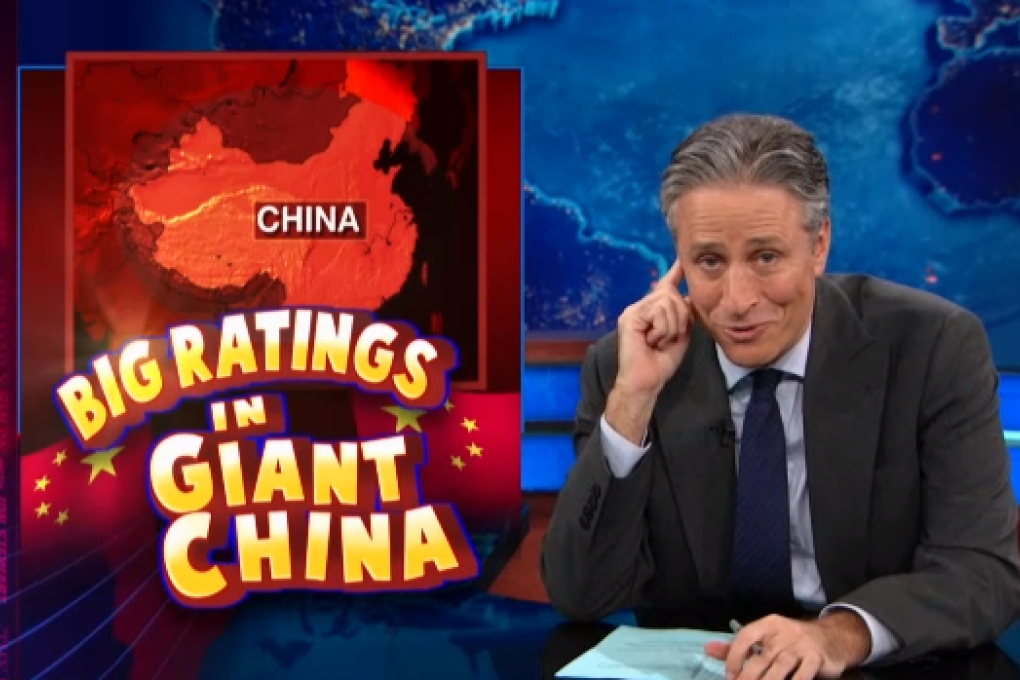New | Standing ovation or lost in translation? The 'accidental' popularity of American comedy shows in China
The Daily Show and The Colbert Report have both won over Chinese fans with their satire - can other US shows follow suit?

In mid 2013, Jon Stewart of The Daily Show announced that he needed to re-locate to China.
“I’ve been doing this show in the wrong country!” Stewart exclaimed.
In January, Stephen Colbert of The Colbert Report followed suit, declaring that he was “prepared to do anything to appeal to the largest market on Earth”.
Both Stewart and Colbert are “fake newsmen”, and their respective shows are two of America’s most popular late-night satirical comedy programmes. Featuring parody broadcasts that mock everything from international politics to popular culture, The Daily Show and The Colbert Report are products of American satire, and Stewart and Colbert were joking when they said that they wanted to move their shows to China.
Or were they?
In the case of The Daily Show, a clip from one of Stewart’s earlier skits on North Korea had gone viral on the Chinese internet, racking up an impressive three million hits in a short period of time. This viral attention impressed Stewart enough to devote a lengthy segment to the phenomenon, where the comedian speculated on the possibilities of creating a Chinese version of his programme named “The Daily Show with Imperialist Puppet”.
Stephen Colbert, on the other hand, was responding to the news that a Chinese production named The Banquet had illegally copied the graphics, music and art style of his show’s opening title scene.